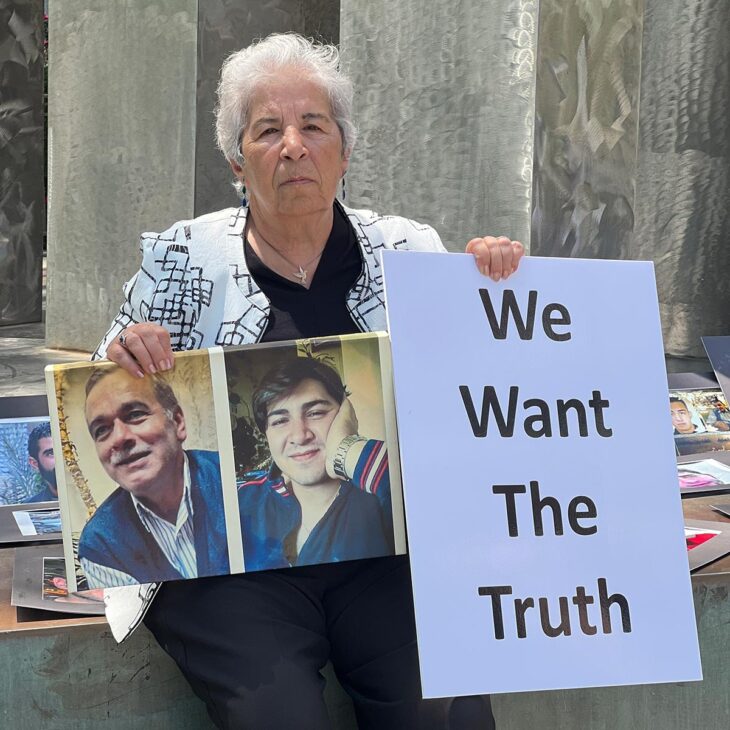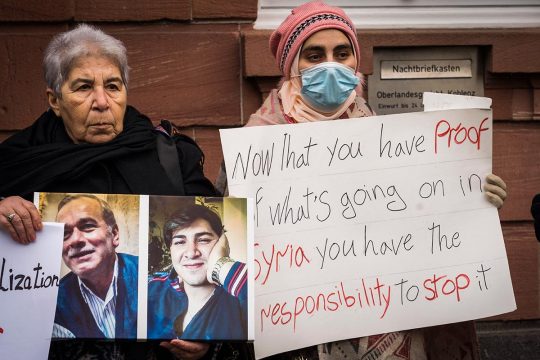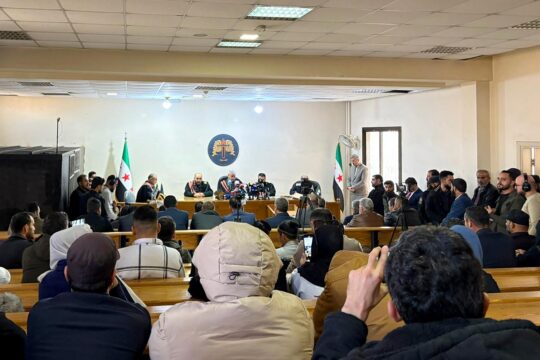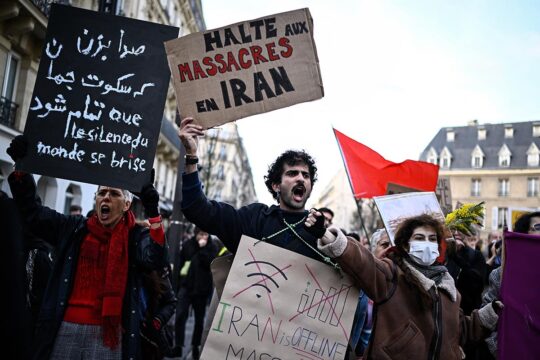To listen to the podcast, click on the "play" button below:
Ever since a referral of the atrocities in Syria to the International Criminal Court (ICC) was blocked at the United Nations Security Council, lawyers and activists, victims and survivors, have been looking for potential routes to accountability. Now two have emerged at the same time. Both though have been a very long time in the making.
At the UN General Assembly, there was support for the creation of a new body: the Independent Institution on Missing Persons in the Syrian Arab Republic. Pressure has come from the families of the over 100 thousand people believed to have gone missing in Syria since the 2011 uprising against President Bashar Assad; they have been lobbying for some way to both get information and hold the authorities to account. We spoke to Yasmin Mashen of the Ceasar Families Association, to hear why this new UN body is needed.
Meanwhile, Canada and the Netherlands have brought a case against Syria at the International Court of Justice under the Convention against Torture. Provisional measures hearings will begin in October. Toby Cadman and Ibrahim Olabi of Guernica 37 Chambers – lawyers who have been assisting the Dutch authorities – explain the substance of the case, including torture in its widest possible sense, sexual violence, enforced disappearances and the effects of chemical weapons.
 ASYMMETRICAL HAIRCUTS
ASYMMETRICAL HAIRCUTS
This podcast has been published as part of a partnership between JusticeInfo.net and Asymmetrical Haircuts, a podcast on international justice produced from The Hague by journalists Janet Anderson and Stephanie van den Berg, who retain full control and independence over the contents of the podcast.







